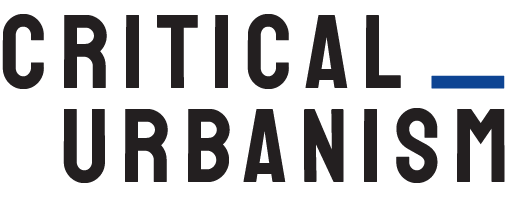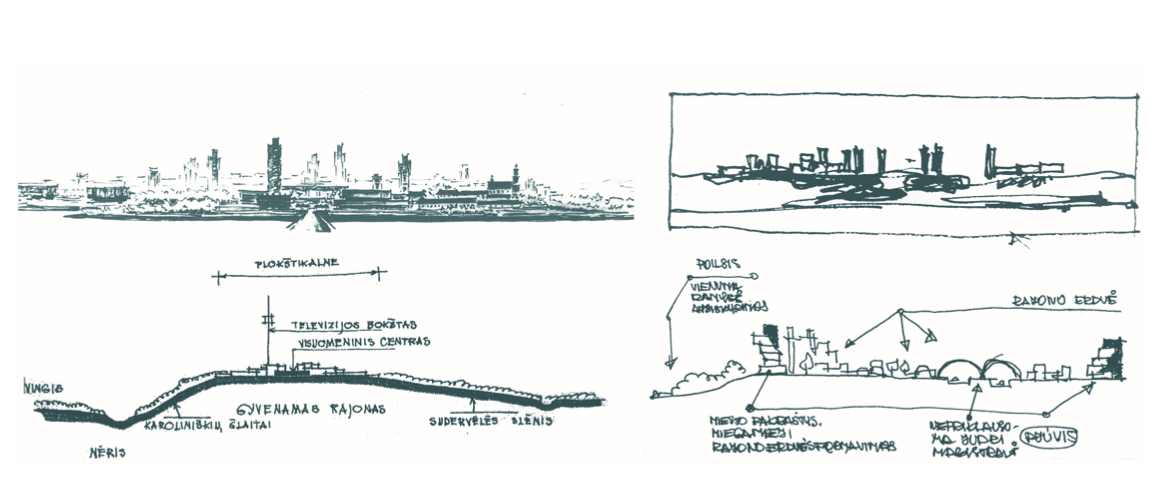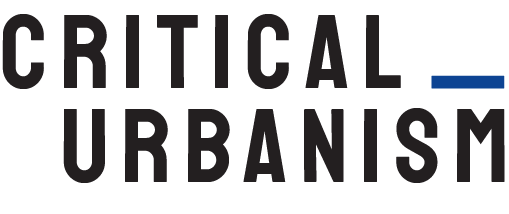Mapping Vilnius. Transitions of Post-Socialist Urban Spaces
This book pursues a tenet of the Laboratory of Critical Urbanism that the contemporary moment is one marked by an ongoing reconfiguration of the local, regional, national and global scales at which societies are organized. In this context, urbanism, or the practices shaping the everyday life of cities, is no longer primarily an effect of decisions made by state run planning bodies, but rather is a dynamic and heterogeneous process that needs to be critically rethought from various angles. It is on the basis of an analysis of the changing context in which cities function that this research project frames the question of inhabitant participation. Firstly, the project asks how this changed context produces new barriers to, and possibilities of, social inclusion. Secondly, it aims to explore how, in this context, academic research can serve to facilitate the inclusion of citizens in the processes of transforming urban spaces. And finally, it also seeks to develop methods to include these citizens into the research design not as objects, but as subjects.
Mapping Vilnius is the first book in a series promoting Critical Urbanism as a way of analyzing the changing relationships between citizens, the state and the international context in shaping urban spaces in Central- and Eastern Europe. In this participatory research into two districts of the Lithuanian capital, Vilnius, mapping is used as a process-oriented technique to visualize these relationships in transition.
It is on the basis of an analysis of the changing context in which cities function that this research project frames the question of inhabitant participation.



